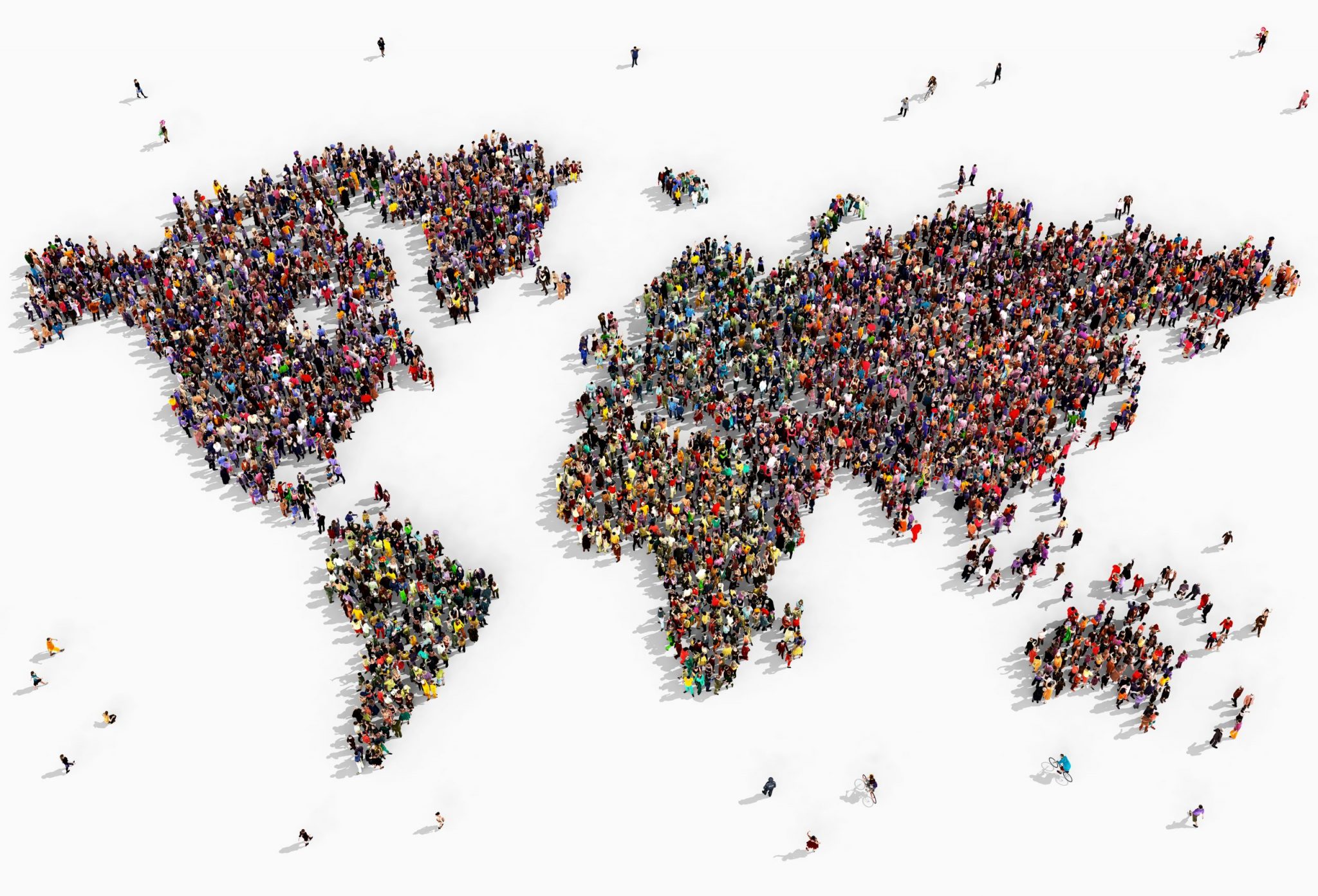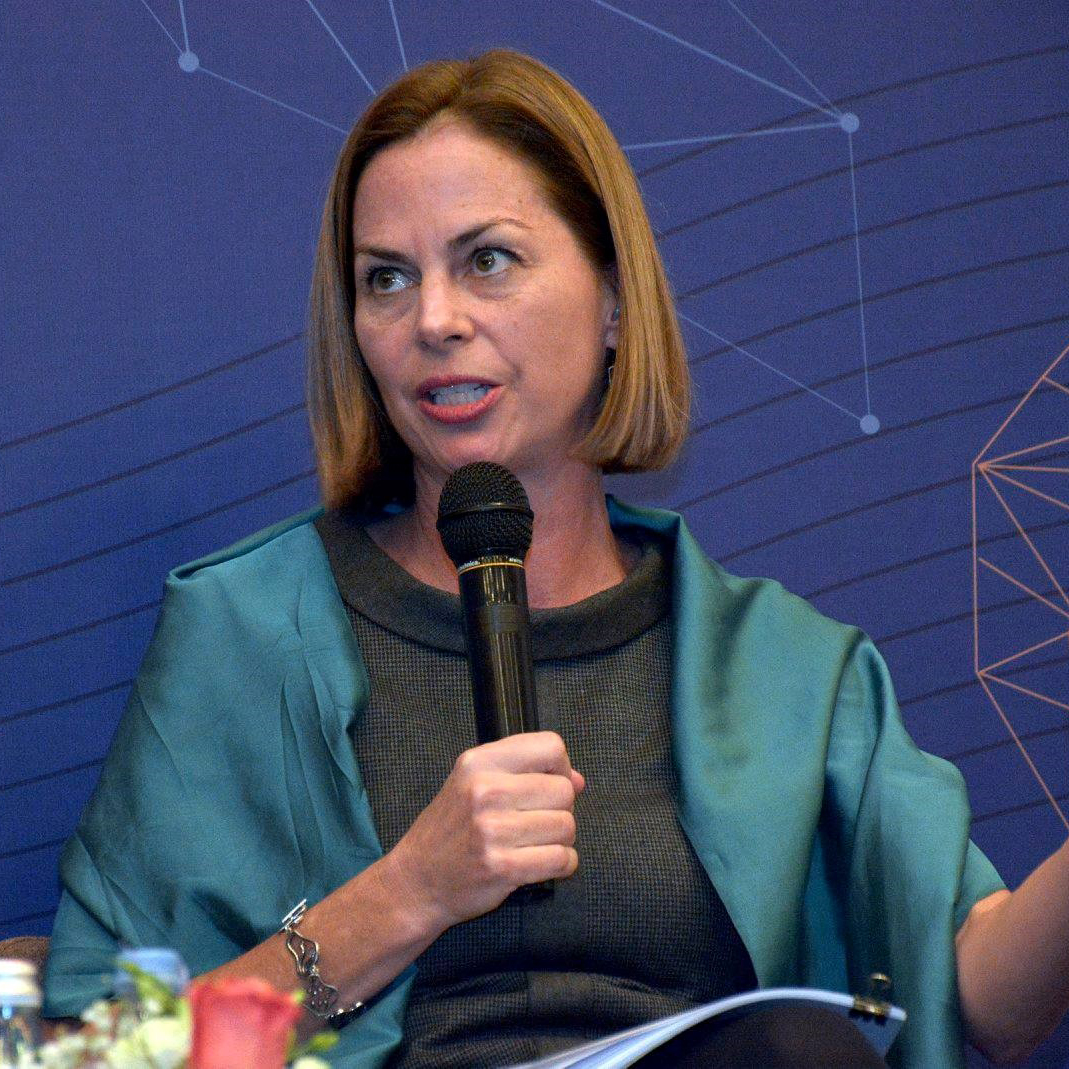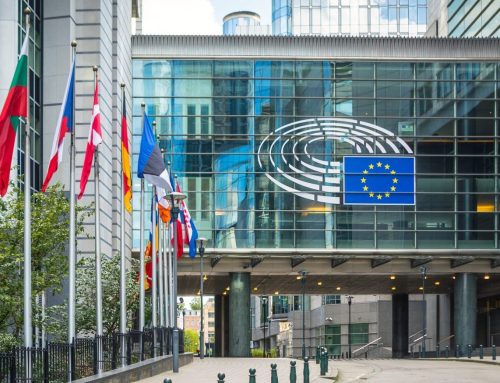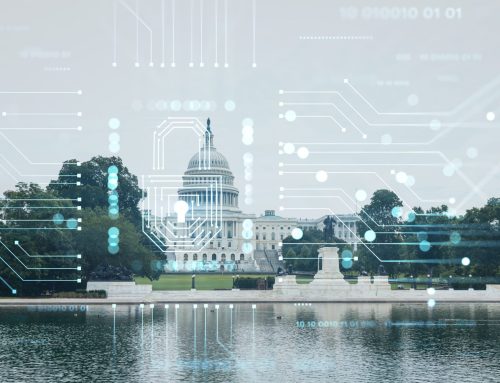Democracy is under threat across the globe, and President Biden’s Summit for Democracy could serve as a needed wake up call, banding democrats together to brainstorm solutions by drawing upon global successes. This is arguably best accomplished by convening democrats rather than governments—as the most innovative, daring, and effective strategies to advancing democratic resilience rarely come from heads of state. A summit of states, as planned, is nevertheless an opportunity to advocate for new approaches to bolster public belief in democracy—namely by demonstrating that it works for people—and to defend against the onslaught of malign attacks. Rather than focusing on solutions to specific issues or settling on a laundry list of the least-common-denominator commitments, the summit should step back and anchor dialogue around three broader principles that cut across different challenges and push for solutions outside the box.
Building durable communities and publics. In many countries, trust in government is low, disinformation flourishes, and authoritarians are winning at the ballot box. Among many complex and interlinked reasons, one factor contributing to this pattern is the declining resilience of communities. As Robert Putnam noted decades ago in Bowling Alone, community life and cohesion have weakened. The social contract is frayed, and there is less meaningful human interaction (made worse by COVID)—two things that are essential to breaking down divisions and polarization. Today people find connections online rather than at their public library or rec center, which exposes them to all sorts of rabbit holes of communities built around conspiracies and lies. There is a disconnect between citizens and governments. Policies are not relevant to people’s daily lives, and money appears to have captured decision-making.
In research conducted by Kimhi Shaul, two communities that experience a similar trauma can have completely different outcomes. He observed, perhaps not surprisingly, that the community that had a strong sense of civic life, whether from Girl Scouts or religious institutions or local theater, was more resilient and less susceptible to shock and division. Resilient communities also had responsive and participatory local government bodies—citizens’ first point of contact with state institutions—with low levels of corruption. In contrast, the community that was marked by low levels of social cohesion, distrust of institutions, and pessimism about government effectiveness was more vulnerable and unable to bounce back.
We must invest in communities to foster faith in democratic governance and inoculate people against disinformation and the siren calls of authoritarians. Governments should consider implementing more widespread civic education and experiment with mandatory civil service. While support to national institutions, such as parliaments, is important, democracy efforts should enhance attention to fostering open local governments, programs that link civic actors and officials, and local media reporting on the community that enhances accountability. In my experience, programming that cuts across civil society, local government, political parties, and media to solve local problems has the greatest impact and bolsters trust in democracy.
Rethinking political representation. Political parties serve as gatekeepers to power in elected governments worldwide, and they are almost universally controlled by wealthier men from the dominant religious and ethnic group. The vast majority of the United States Senate, for example, are white, male millionaires—not exactly what one would call representative. The internal practices and decision-making of parties have changed remarkably little over the past several decades. In most countries in which I’ve worked, candidates are selected by a handful of male party leaders smoking cigarettes around a table. Often this selection is made based on how much the candidate paid the party. In addition to supply side barriers, there is a lack of demand for party involvement. Young people interested in politics don’t join parties; instead, they join civil society organizations, which can wield influence but do not hold the legislative pen or purse.
There are ways to change political party function, create political opportunities for a broader spread of society, and adjust electoral math. Political finance regimes can thwart malign finance, level the playing field, and encourage diverse candidates to run for office. Some countries have also implemented regulations to enforce internal party democracy and competition, as well as measures such as gender quotas to encourage more women to enter politics. Rank choice and other voting measures can also expand the edges of participation. But we can dare to think beyond parties, as well. Sortition and citizen assemblies are worthy of discussion.
One unifying public belief that cuts across almost all party divides—and drives dissatisfaction with democracy around the world—is the destructive role of money in politics. Even if citizens participate in free and fair elections, they do not have the same voice in influencing policy. Why not cut out the middleperson and the money involved? There is of course the risk that the same polarizing instincts and infiltration of money could seep into any system of representation, but it should not stop us from thinking outside the box. If we want inclusive, representative governing bodies that will, in turn, generate broader trust in democracy, we need to shake things up.
Understanding democracy as a matter of global security. We are in the midst of a global health pandemic and catastrophic climate crisis that will reshape our world and society, increasing conflict, migration, and resource scarcity. Autocrats thrive on such crises. By weaponizing corruption, engineering migration crises, engaging in economic coercion, suppressing civil society, and disrupting global trade, supply chains, and security, autocrats are working to take advantage of the situation and undermine our belief in institutions, governance, and democratic processes—the very things that are needed to avoid chaos and meet the needs of all people affected by these crises. How we respond both internally and globally matters.
Democratic global governance that is committed to transparency, incorporates diverse voices, and is based on cooperation and joint solutions is essential to meeting today and tomorrow’s threats. To achieve this, democracies must support one another, sharing best practices and tools, and defending each other in the face of rising authoritarianism. We must be mindful that autocratic regimes are aiding aspiring autocrats elsewhere through investments, technology transfers, and other methods to silence civil society and opposition voices. Democratic backsliding in one place has ripple effects elsewhere, collectively threatening global governance.
Grounding the summit around a few key principles may help people generate solutions that go beyond a specific issue or problem. By asking how to build durable communities, reimagine political representation, and enhance support between democracies and democrats, the summit can tease out fresh and cross-cutting solutions to the serious threat of democratic decline.
The views expressed in GMF publications and commentary are the views of the author alone.





